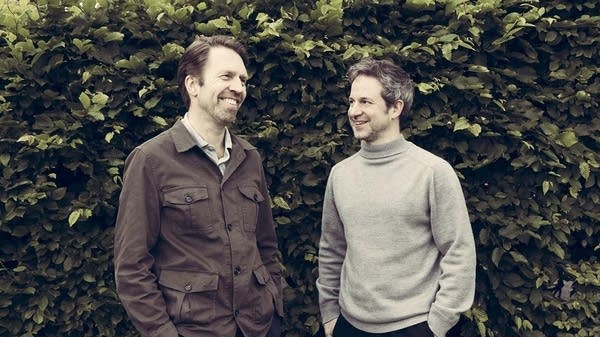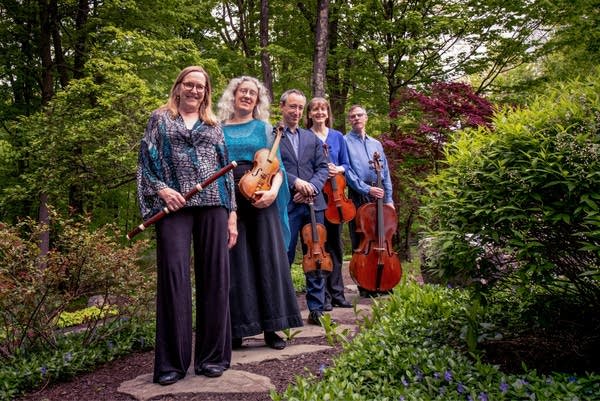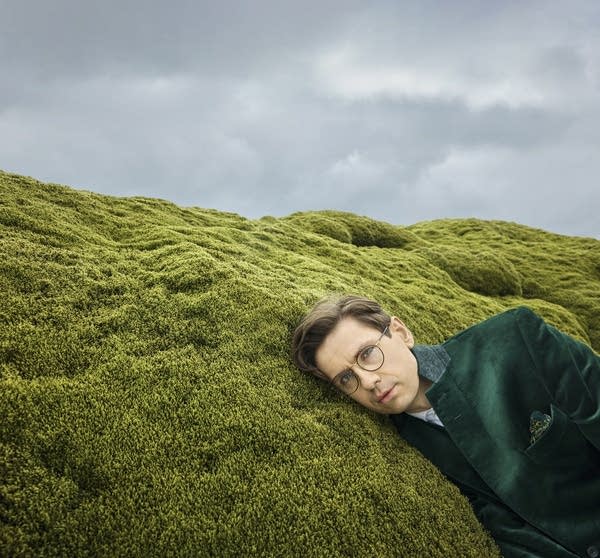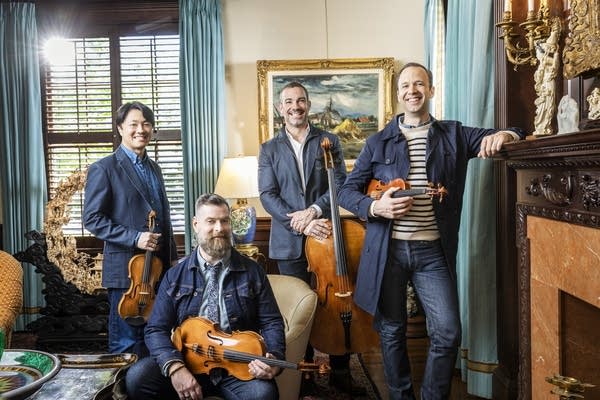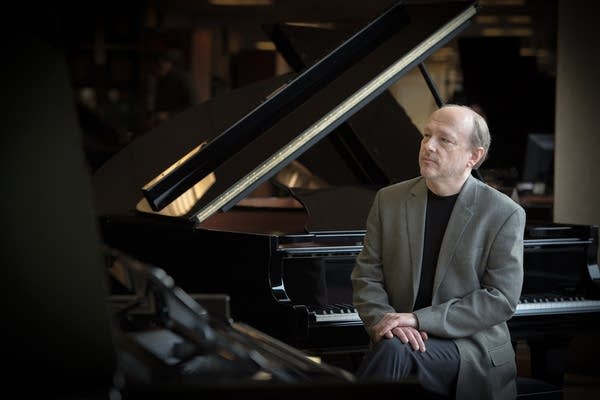Cypress String Quartet: Beethoven-The Early String Quartets — (Avie 2348)
"I feel like I understand Beethoven in a way that I certainly didn't. I loved his music when we first started, 20 years ago. It's a big reason why we formed as a quartet, because we all were so passionate about Beethoven's music. And then spending 20 years living with it, every day...you get to know and appreciate and understand it."
That's Tom Stone, a violinist in the Cypress String Quartet. He and cellist Jennifer Kloetzel are still jazzed about performing Beethoven's string quartets even after 20 years, "I think my relationship to them is constantly changing," Jennifer admits, "One of the stories that we have in the quartet - after we'd finished recording the last note of the late quartets...and that project took us a couple of years...I turned to my colleagues and I said, ok, let's do it again. So on the best possible scenario outcome of this is the day after we finish recording a piece, I go into the practice room or we go into the studio and we have new ideas."
Tom couldn't agree more, "So we'll play a movement and I'll think to myself, wow, that's where Beethoven was really taking a page out of Haydn's book. And then you'll play another movement and you'll say, that's where Beethoven was really inspired by Mozart. And then we'll play another movement and I'll say, oh, that's where Beethoven laid the groundwork for Mahler. And, oh, there's where Beethoven founded modernism of the 20th century. And all the time you hear Beethoven, a different side of his personality, a different part of his inner world sort of comes out in each of the movements and almost in every musical section of his pieces. So I think like a deeper appreciation and understanding develops."
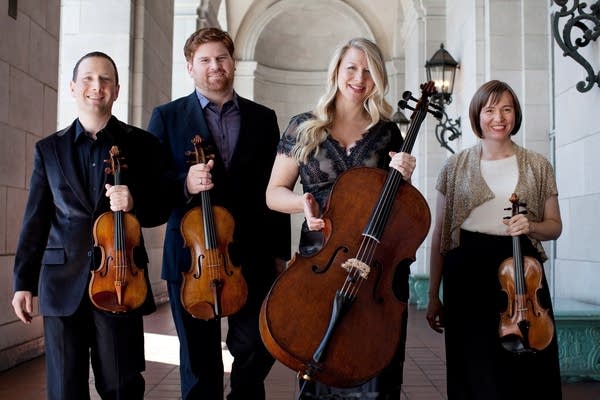
The Cypress String Quartet's latest recording is a two-CD set of Beethoven's early string quartets, Opus 18. They've been immersed in these works for years. So both Tom and Jennifer have favorite moments within these pieces, "So Number 5, the variation movement, is one of Beethoven's masterpieces, I'm convinced," says Jennifer, "It's so cleverly done and so charming and so wonderful. The big surprise for me, in learning the Opus 18, was No. 3, scholars believe it was the first one he completed. And it's very Mozart-like. And Mozart was his idol, so it kind of makes sense.
And it is so beautiful and well-crafted...in a different character than, say, Op. 18, No. 4. That has that dark, stormy quality. It's his only one in a minor key, you see, as I start talking about each one, I'm going to get excited."
"I know," Tom jumps in, "I would say in performance, the slow movement from Op 18, No. 1, tends to get me the most choked up. It's based on the tomb scene from Romeo and Juliet and I feel like Beethoven captures the tragedy and the emotion of that so amazingly...it's almost like you experience it as you're playing.
"So if you go from that, for example, then to the last movement of Op 18, No. 2, which has this really funny, almost like comedic opera style to it...each one has such a distinctive personality. I think that's what I love about the set," Jennifer concludes.
Beethoven was 30 years old when he published these six string quartets, and already there was a lot going on his life. Tom Stone explains, "The deafness was starting, the hearing loss was starting, and he had to cover it up. He didn't have the answers yet. It was something he had to live with but it wasn't so pronounced or so far along that he was admitting it to the world yet. It was this terrible secret that he had to live with. And he became much bolder once he reckoned with that. But the germ of the Romantic era that he started, the germ of modernism, which came later...you can hear all of it in these early quartets."
The Quartet No. 2 is the shortest of Beethoven's earliest quartets, and Tom says it's also the most difficult. "Sometimes the most delicate things are the most difficult to pull off because you can break them. So it's one thing to play music that's really, really bold and robust - you can just dive in. But if there's something that...like a beautiful piece of porcelain. When you're walking across the living room with it, you have to be careful not to break it. I don't think we felt that way approaching these pieces because we looked at Beethoven from the end of his life towards the beginning. So we saw these pieces as a germ for the later Beethoven and what he'd become. But if you look at him through the lens of Haydn and Mozart, there's something classical and restrained - that's certainly part of the music. And as performers, that can be hard not to spoil."
This recording of Beethoven's early string quartets marks the beginning of the end for the Cypress String Quartet. After 20 years, they've decided to disband. They'll release two more recordings next season, however Jennifer says this recording, closes their chapter on Beethoven, "it was like a 3 week period when we were in the studio for 8-10 hours every day for 3 weeks. And you get into this kind of groove and when you reach the last day...it's like you've climbed a mountain but you didn't notice and suddenly you look back and you've got the view. I'll never forget coming in on the last day and I was like, this is our last day of recording Beethoven...oh my goodness, what a journey this has been. That, for me, was a hugely memorable thing."
Love the music?
Show your support by making a gift to YourClassical.
Each day, we’re here for you with thoughtful streams that set the tone for your day – not to mention the stories and programs that inspire you to new discovery and help you explore the music you love.
YourClassical is available for free, because we are listener-supported public media. Take a moment to make your gift today.
Your Donation
About New Classical Tracks®
Host Julie Amacher provides an in-depth exploration of a new classical music release each week.
Subscribe on Apple Podcasts, TuneIn, Radio Public, or RSS.

